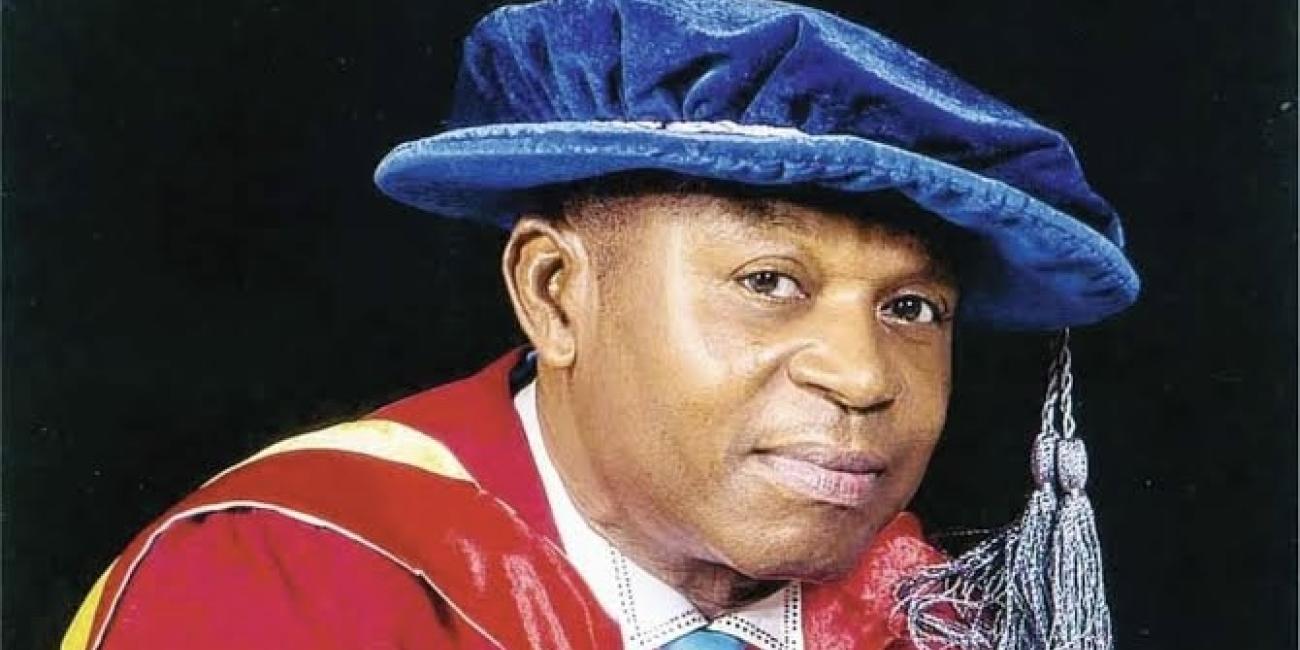
The Independent National Electoral Commission (INEC) prosecuted him, and in addition to the prison term, the court imposed a N100,000 fine.
A State High Court in Uyo, Akwa Ibom State, has sentenced a university professor to three years in prison for perjury and publishing false election results during the 2019 general elections.
The convicted academic, Professor Uduk of the University of Uyo, was found guilty of announcing and publishing fabricated results in the Essien Udim State Constituency election, where he served as the returning officer.
The Independent National Electoral Commission (INEC) prosecuted him, and in addition to the prison term, the court imposed a N100,000 fine.
The case marks the second high-profile conviction of a Nigerian professor for electoral fraud.
In 2021, another academic, Professor Peter Ogban, was jailed for three years for falsifying results in the Akwa Ibom North-West Senatorial election to favor then-APC candidate Godswill Akpabio, now the Senate President.
Ogban, a former University of Calabar lecturer, was convicted for manipulating results to boost Akpabio’s votes against his opponent, Christopher Ekpenyong of the Peoples Democratic Party (PDP).
Akpabio has since denied any involvement in the electoral fraud.
Meanwhile, the cases against both professors were initiated by former INEC Resident Electoral Commissioner (REC) in Akwa Ibom, Mike Igini, who successfully secured their convictions before retiring in 2022.
Uduk was first arraigned in December 2020 after a warrant was issued for his arrest the previous month due to his repeated failure to appear in court for the start of his trial.
The professor pleaded not guilty to the three charges brought against him by Nigeria’s election commission.
However, the case faced multiple delays due to various reasons, including a change of defence lawyer and an incident where the defendant collapsed in the dock during cross-examination.
At one point, Uduk accused the presiding judge of bias and requested his recusal—a request that was granted.
The case was then reassigned by the state’s chief judge, but ironically, it was returned to the same judge for continuation.
The judgment was initially set for 29 January but was postponed to today (Wednesday, 5 February) after the defendant and his lawyer failed to appear in court, citing health issues.
In response to the prosecution’s request, Justice Bassey Nkanang revoked the professor’s bail and issued a fresh arrest warrant.
Uduk, dressed in a brown cassock, was later brought into court in a wheelchair shortly before the prosecution and defence announced their appearances.
Delivering the judgment, Justice Nkanang ruled that the prosecution, led by Clement Onwuewunor, had successfully proven that Uduk knowingly published false election results while serving as a collation and returning officer.
Citing Section 123 (4) of the 2010 Electoral Act (as amended), which states that publishing false election results is punishable by up to 36 months in prison, the judge affirmed that the prosecution had made its case.
Regarding the third charge of perjury, the judge referenced Section 118 of the Criminal Code Law, CAP 38, Laws of Akwa Ibom State 2000, which defines perjury as knowingly giving false testimony in a judicial proceeding.
While the court acquitted Uduk of the first charge—announcing a false election result—it found him guilty on the other two counts: publishing false election results and perjury.
However, as a result, he was sentenced to three years in prison for each count, with both sentences running concurrently.






